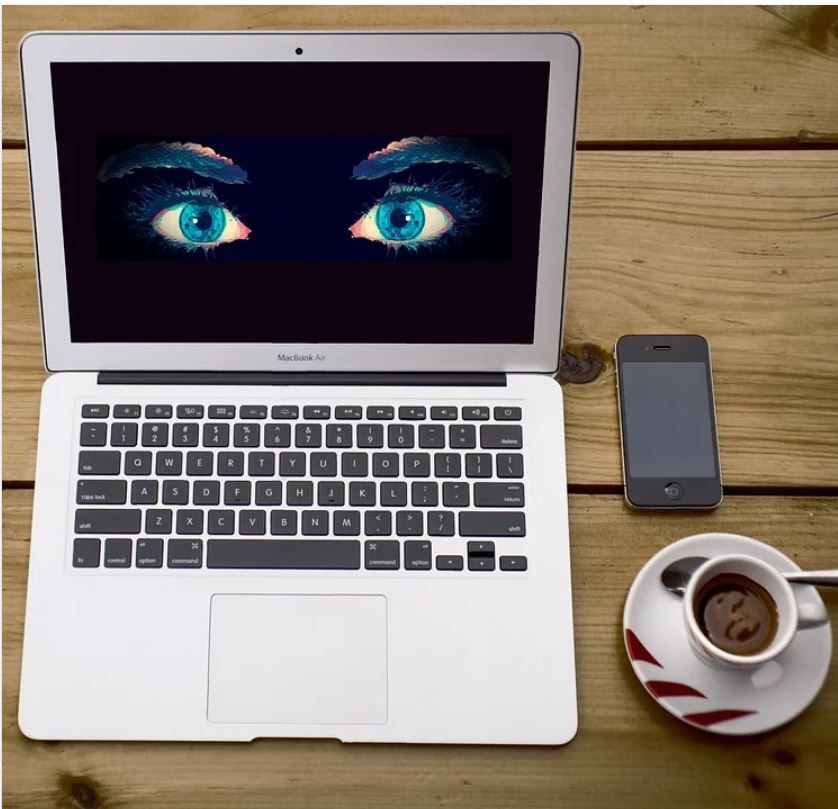
Digital Spying and Divorce
Look around you. No matter where you are, I bet you will see someone with a smartphone in hand … myself included. My smartphone keeps me organized, gives me directions, plays my favorite playlist, holds my workout schedule and is my means of communicating via email, text or voice. They truly are a wonderful invention, however, when one is going through a divorce they can be an easy way for a spouse to spy on you. What used to be something someone would hire a private investigator to do, can be simply done with a smartphone and easily accessible, inexpensive apps. Once apps are installed, they allow the person spying to see every incoming and outgoing message, web searches and keystrokes. The spyware doesn’t have to be complex; it can be as simple and innocent-looking as Find My iPhone. Other examples of spyware are:
- Voice memo turns your phone into an audio recording device. Secretly recording in Arkansas is a criminal offense to use any device to record communications whether its wire, oral or electronic without the consent of at least one person taking part in the communication. This means that a spouse is legally allowed to record a conversation he or she is taking part in with you.
- Find My Friends allows you to share your location or view other people’s locations. If you fear that your ex is using this app to track you, you can use the “Hide My Location” feature. You can also remove followers by tapping “Remove from Followers”.
- Find My iPhone allows remote location tracking of iPhone, iPad, and Mac computers. Anyone with this information can view your location from any computer, cell phone or other web-based devices. To avoid being tracked, either change your login information regularly or turn off Find My iPhone.
Other means of spying are hidden cameras, drones, voice records, computer and phone keystroke loggers to decipher passwords, web bug email tracking services, freely available forensic toolkits, home security cameras, and “friending” on social media
In addition to your smartphone and computer, vehicles are often used as another means of tracking and stalking. Vehicle trackers or GPS trackers can easily be attached to a car to pinpoint locations, routes, detailed activity reports, give notifications and alerts regarding arrivals and departures at defined addresses, notifications if the vehicle moves or does not more for a pre-defined time and operating at odd hours. This can all be done 24 hours a day, 7 days a week. To check for a vehicle tracker, check the entire undercarriage of your car including spaces behind the wheel arches and near the exhaust. Vehicle trackers can be difficult to find as they are in a magnetic case and can adhere to anything metal on your car.
Exactly how much privacy is one entitled to? That seems to be the million-dollar question. Technology is advancing at a much faster rate than laws. What laws are in place are blurry. You may think spying is illegal and in some cases, it is, but there are times when technically a crime has not been committed. For example, if a car is jointly owned, it technically belongs to both spouses and it could be argued that the ex has the right to track the vehicle. The same can be said for cell phones if the cell phone plan is in the individual’s name or in both spouses’ names. In addition to state laws, there are federal civil and criminal liabilities for digital spying and tracking:
- The Electronic Communications Privacy Act (ECPA) guards oral, wire, and electronic communications while the communications are being made, are in transit, and when they are stored on an electronic device. The act prohibits the intentional interception or unauthorized access to communications. Recording a spouse’s private conversations can violate the ECPA.
- The Computer Fraud and Abuse Act address hacking. It prohibits intentionally accessing a computer with authorization or in excess of authorization.
If you found guilty of committing a digital spying crime you could be charged with:
- Invasion of privacy
- Infliction of emotional distress
- Stalking
- Defamation
- Trespassing
Digital spying is changing divorce, as we know it. There are many reasons a spouse might want to spy on the other. A few of the most common are an effort for a spouse to maintain control after separation, to get the “upper hand” before divorce proceedings start and to determine if a spouse is having an affair or not. If you feel as though you are being spied on contact Kevin Hickey Law Partners today. Before seeking legal advice, many clients get scared and want to solve the problem immediately by switching out the phone entirely; however, when a client does this, the proof of the act of spying also goes away. There are also many legitimate reasons someone would want to spy on an ex, such as suspected drug abuse. If you feel that you need to spy on your spouse, give Kevin Hickey Law Partners a call today. It is important to seek legal advice from one of our experienced divorce lawyers.
